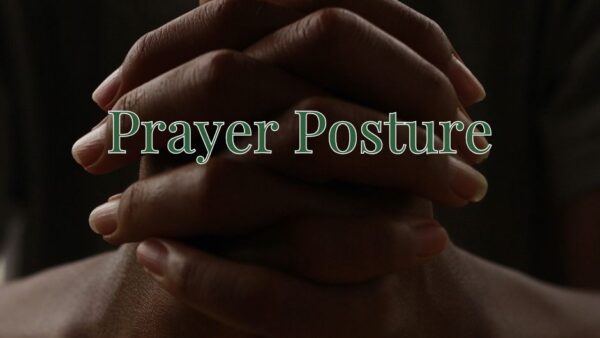If I were to ask you for your top rules for living, what would you say?
For example:
Rule #1: Don’t do stupid stuff.
Rule #2: When in doubt, refer to Rule #1.
I can’t remember where I heard that, but it’s not bad advice. However, that’s not the rule I’m thinking about today. I’m thinking about the rule that is commonly known as the “Golden Rule.”
The way I remember learning it is “Do unto others as you would have them do unto you.”
I probably learned it in Sunday School or Kindergarten.
According to Wikipedia, the idea dates to at least 551 BCE (that’s BC for those of us who grew up using BC/AD) and is found conceptually in almost all religions. It, in fact, appears in some form in almost every ethical tradition—even those who hold no belief in God.
Of course, for my perspective, I’m thinking of the words of Jesus in Matthew 7:12—
“So in everything, do to others what you would have them do to you, for this sums up the Law and the Prophets.”
Jesus was not the first to verbalize the concept but it takes on a different level of gravitas coming from Jesus. Not only that, He framed it in a way that gave the concept its prominence by suggesting that it summarized the ethical teachings of the Jewish Scriptures.
My favorite translation of this verse is the New American Standard Bible, which says, “In everything, therefore, treat people the same way you want them to treat you, for this is the Law and the Prophets.”
Not just DO for others what you would want them to DO, but TREAT others they way you want to be TREATED.
This was actually part of the content of my sermon yesterday at the First Baptist Church of Newark, Texas where I’m currently serving as interim pastor.
During a long walk today, I continued to reflect on those words and pondered how our culture would be impacted if we all made that our top rule for living.
If I’m going to treat people the way I want to be treated, I have to start with clarifying how I want to be treated. I also have to think of ideas that have the possibility of reciprocity.
For example, I can’t expect to always get my way and I can’t expect that everyone will agree with me. Neither of those can be reciprocated.
Here’s my short list:
I want to be SEEN and VALUED. That doesn’t mean that everyone agrees with me. It means that I’m not overlooked, marginalized, or treated as if my life does not matter. It also means that I DON’T want to be LABELED. I want my opinions, my ideas, my beliefs, and my habits to be evaluated on their own merit rather than lumped together into categories that will be embraced by some and rejected by others simply because of the way the categories are labeled.
I want to be FORGIVEN and TRUSTED. I’ve broken the “stupid stuff” rule. I don’t want to be defined by my failures. That doesn’t mean that I won’t have to earn back trust that I’ve broken. It means that I want to be given the chance.
I deliberately chose categories that do not require a faith perspective because—as a person of faith—I need to have a consistent ethical standard for the way I treat every person.
If this is how I want to be treated, how could I treat anyone in a lesser manner?
When in doubt, refer to Rule #1.
Be amazing today, my friend.




